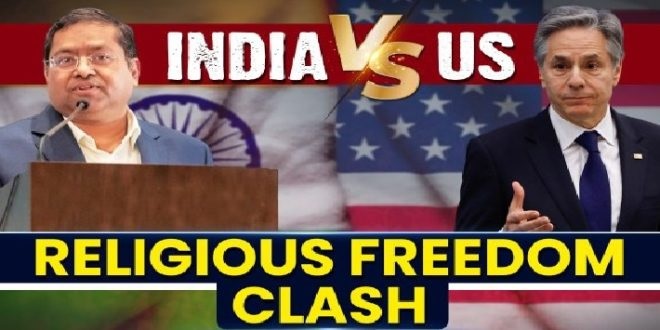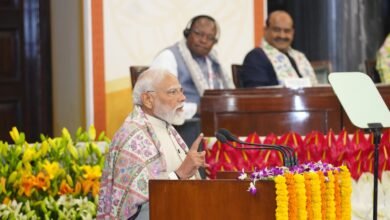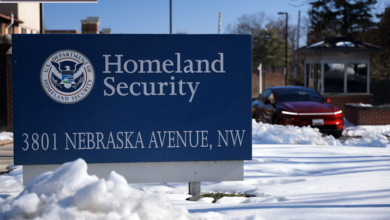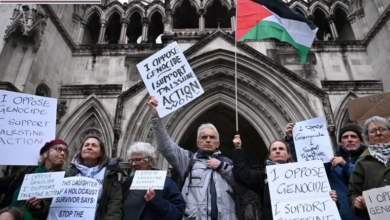
News Mania Desk/ Agnibeena Ghosh/30th June 2024
India strongly rebutted a US government report on religious freedom, denouncing its findings as “deeply biased” and accusing it of being driven by “vote bank” politics and selective facts. External Affairs Ministry spokesman Randhir Jaiswal criticized the report for allegedly cherry-picking incidents to support a “preconceived narrative” and questioned the validity of some court rulings in India. The US State Department’s 2023 report highlighted violence in Manipur and attacks on minority communities, which Jaiswal dismissed as selective and misrepresentative.
Jaiswal asserted, “The report is deeply biased, lacks understanding of India’s social fabric, and is evidently motivated by vote bank considerations and a prescriptive outlook. We, therefore, reject it.” He emphasized that the report’s methodology involved imputations, misrepresentations, selective facts, reliance on biased sources, and one-sided issue projections. He argued that this approach misrepresented India’s constitutional provisions and laws, selectively choosing incidents to fit a predetermined narrative. The report also seemed to challenge the integrity of certain legal decisions made by Indian courts, according to Jaiswal.
The spokesman further claimed that the report questioned the validity of Indian laws and regulations, including those monitoring financial flows into the country. Jaiswal contended that these measures are necessary and implied that the report’s suggestion of an unreasonable compliance burden was unfounded. He pointed out that the US itself has stricter laws and would not recommend such measures for its own governance.
Jaiswal highlighted that human rights and respect for diversity are legitimate topics for discussion between India and the US. However, he warned against these dialogues becoming a pretext for foreign interference in domestic affairs. “Such dialogues should not become a licence for foreign interference in other polities,” he stated.
The release of the report by US Secretary of State Antony Blinken included remarks about a “concerning increase” in anti-conversion laws, hate speech, and demolitions of homes and places of worship for minority faith communities in India. Blinken’s statement noted, “In India, we see a concerning increase in anti-conversion laws, hate speech, demolitions of homes and places of worship for members of minority faith communities.”
Jaiswal responded by underscoring India’s commitment to addressing hate crimes, racial attacks on Indian nationals, vandalism of places of worship, and mistreatment by law enforcement authorities in the US. He mentioned that India has officially raised these issues with the US in 2023, emphasizing that such dialogues should foster mutual understanding rather than serve as grounds for external intervention.
In conclusion, India’s rejection of the US report on religious freedom underscores its stance on sovereignty and its view that the report is not reflective of the country’s true social and legal landscape. The Indian government maintains that the report is biased, selectively uses facts, and misrepresents the situation in India, while asserting its commitment to human rights and ongoing dialogue with the US.






